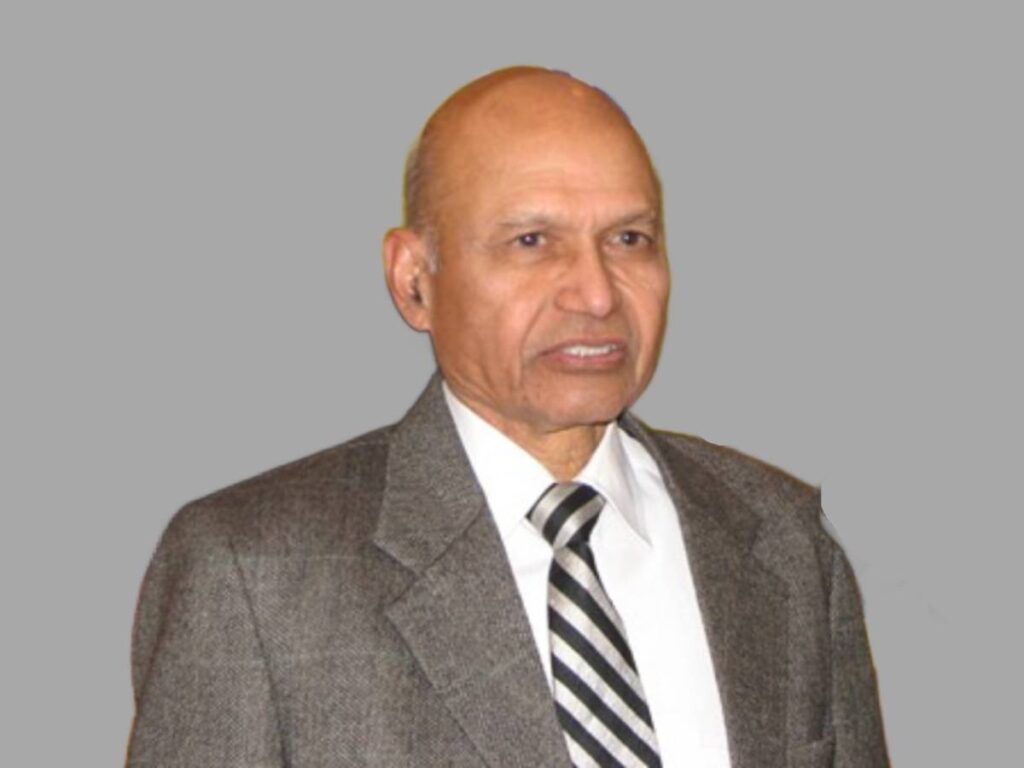
The book, Quran and Modernity by a former Indian ambassador to several countries is spread over 16 chapters. Every chapter deals with one of the most debated subjects.
Ishrat Aziz is an erudite diplomat, who has collected information from a variety of sources and experienced how things related to Islam are dealt with in the Muslim world in the name of Islam. Among the countries he has served are the Kingdom of Saudi Arabia, the UAE, Algeria, etc.

“I have been collecting information about Islam from several sources including my own country, India. After observing Islam in these countries I have tried to present what I understood from it,” says he.
In his new avatar as a scholar of Islam, he has raised some pointed and pertinent questions. These may be the same questions with which several scholars in different parts of the world are grappling with.
Declares, he: “There is no one unanimously agreed Sharia, universally practiced by all Muslims. Why not since all Sharia is derived from one book, the Koran? Why there is this diversity in understanding the same text of the scripture?”
Are Muslims confused?
He goes on to lob a volley of questions on unanimity or absence of those questions leaving his reader confounded to the core until he reaches the last chapters of the book.
Fifty-seven countries are members of the Organisation of the Islamic Countries or simply OIC. There are also several other countries like India and the Russian Federation where millions of followers of the faith reside. The number of Muslims in the world could be around 2 billion.
The Muslim countries are often found fighting with each other. Muslim societies like others are riven with internal divisions and conflicts and in many cases battle with each other. These wars are based on sectarianism, ethnicity, historical animosities, economic disparities, and narrow self-interests.
He asked some of the most uncomfortable questions and went about giving their answers. An impossible task, I would say.
He explains Sharia as the interpretation of the Koran, with the help of Sunnah and Ahadith (sayings of the Prophet), by the four Imams but declares it is not divine. There is no unanimity on Sharia, he adds.
He believes devotional religion is entirely between man and God. Society does not have the right to intervene in this man-God relationship. Attempts by society to involve itself in a man’s devotional dimension will damage the sacred relationship between man and God. Society should keep away from it because it cannot know or decide the truth about a person’s faith or spirituality or lack of them.
Aziz adds that behavioral religion covers man’s relationship with society, other men and women, government, laws, human rights, economy, science, technology, and the people of other faiths.
Therefore, these are the areas that have to be looked at differently as Muslims grapple with the changing times.
He has successfully tried to make this book relevant to Islam and Modernity and Muslims and Modernity. He explains rightly that the Quran (or Koran as the author spells it) is the divinely revealed Scripture; Islam is the theology written by human beings trying to interpret the Quran; Muslims are the people who practice the faith as they understand it.
I, a student of Islam and current affairs, found the book astounding. I would like to read it again and again to understand the complex question of how Muslims have tried to understand and practice the Quran over the ages and now.
Mir Ayoob Ali Khan, a seasoned journalist, is currently the Consultant Editor of Siasat.com


